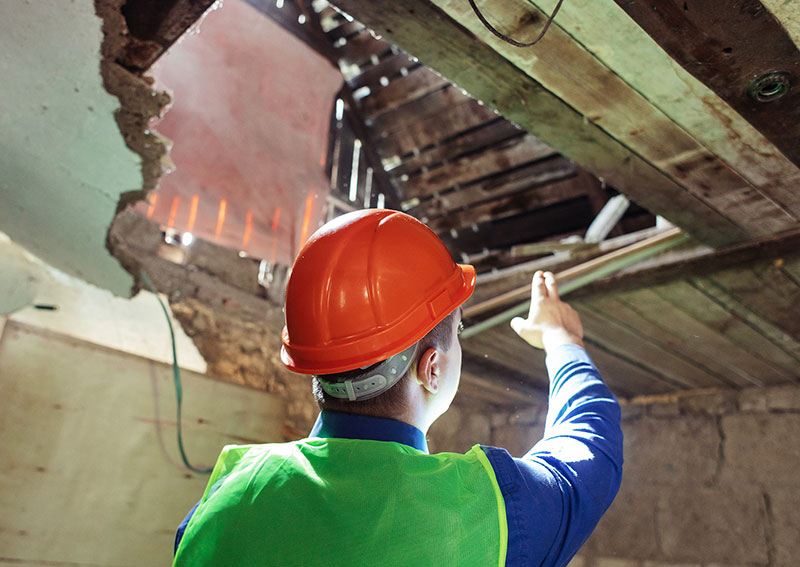Sponsored by the Forensic Engineering Division (FED) and the Forensic Practice Committee (FPC)
Session Description

The discussion included several specific scenarios intended to elicit participation from the audience and provide guidance regarding what a reasonable engineers responsibility is regarding the Duty to Warn. The discussion included example state laws regarding the subject and their applicability. There was ample time to answer questions and respond to comments from attendees.
The "Duty to Warn" is a term engineers may be aware of, but many do not understand what it means; when and to whom to direct a warning, what is an acceptable warning, or how it may affect their practice. A clear understanding of the Duty to Warn can help an engineer avoid or defend against claims of professional negligence which may result in censure, licensure issues, loss of clients, loss of position, or litigation - all possibly arising from one's unknowing deviation from established norms or local regulations.
The Panel
- Moderator: Derrick S. Hancock, P.E., M.ASCE - [email protected]
- Presenter: Lloyd M. Sonenthal, LTD, P.E., M.ASCE - [email protected]
- Presenter: Leonard J. Morse-Fortier, Ph.D., P.E., M.ASCE - [email protected]
- Presenter: Joshua B. Kardon, PhD, SE, F.ASCE - [email protected]
- Presenter: Michael Drerup, P.E., M.ASCE – [email protected]
Attendees to the panel discussion learned what the concept of "Duty to Warn" is, what obligation an engineer has regarding duty to warn, and how, why, where, and to whom to direct a warning. Beyond the duty to warn, there was a discussion on what constitutes an adequate warning.


